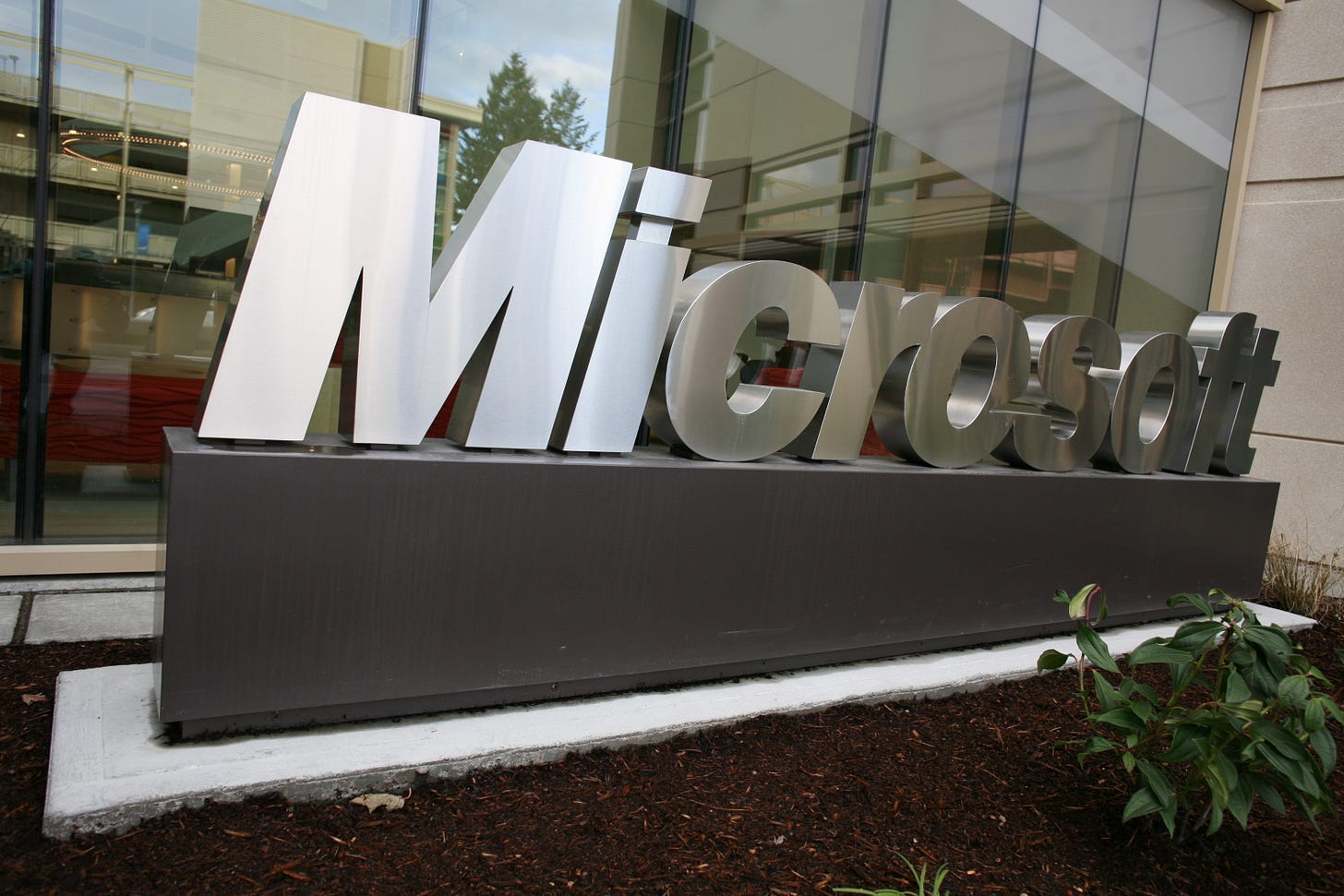Microsoft Terminates Israeli Military's Cloud Access Over Mass Palestinian Surveillance
Tech giant cuts services to Unit 8200 after investigation reveals violation of terms prohibiting civilian surveillance
Microsoft has terminated the Israeli military’s access to key cloud computing and artificial intelligence services following an internal investigation that found evidence of mass surveillance operations targeting Palestinian civilians in Gaza and the West Bank.
The software giant informed Israeli defense officials last week that Unit 8200, the military’s elite cyber-intelligence division, had “violated the company’s terms of service by storing the vast trove of surveillance data” on its Azure cloud platform. Microsoft President Brad Smith announced the decision in an internal email to staff on Thursday, stating the company had “ceased and disabled a set of services to a unit within the Israeli Ministry of Defense”.
Massive Surveillance System Exposed
The decision stems from a joint investigation published in August by The Guardian, +972 Magazine, and Local Call, which revealed that Unit 8200 had been using Microsoft’s Azure cloud infrastructure to store millions of Palestinian phone call recordings daily since 2022. According to the investigation, the system collected “as many as a million calls an hour” from Palestinians in the occupied territories.
“We do not provide technology to facilitate mass surveillance of civilians. We have applied this principle in every country around the world, and we have insisted on it repeatedly for more than two decades,” Smith wrote in his staff email.
Three sources from Unit 8200 told investigators that the cloud-based storage platform had “facilitated the preparation of deadly airstrikes and has shaped military operations in Gaza and the West Bank”. The massive data repository, estimated at 8,000 terabytes, was primarily stored in Microsoft data centers in the Netherlands and Ireland.
Corporate Response to Employee Pressure
Microsoft’s action follows months of internal pressure from employees and external activists opposing the company’s collaboration with Israel’s military during the Gaza conflict. The company fired five employees in August for participating in protests at its Redmond headquarters, including two who occupied Smith’s office.
Smith acknowledged in his message that Microsoft had “found evidence that supports elements of The Guardian’s reporting,” including details about the Israeli Ministry of Defense’s consumption of Azure storage capacity in the Netherlands and use of AI services. A senior Microsoft executive reportedly told Israeli defense officials that the company “is not in the business of facilitating the mass surveillance of civilians”.
Intelligence Unit’s Capabilities and Background
Unit 8200, often compared to the U.S. National Security Agency, is Israel’s premier signals intelligence agency with approximately 5,000 personnel. According to former Unit 8200 commander Yair Cohen, “90% of the intelligence material in Israel is coming from 8200”. The Director of Military Sciences has described the unit at the Royal United Services Institute as “probably the foremost technical intelligence agency in the world”.
The surveillance system allowed Unit 8200 to intercept and store phone conversations from a much larger pool of ordinary Palestinian civilians than previous capabilities permitted. Sources within the unit claimed the stored information had been used to “blackmail people, place them in detention, or even justify their killing after the fact”.
Tech Industry Scrutiny Intensifies
Microsoft’s decision marks the first known case of a major U.S. technology company withdrawing services from the Israeli military since the beginning of the Gaza conflict. The move comes amid growing scrutiny of Big Tech’s role in military operations, with companies like Google also facing criticism over their Project Nimbus cloud services contract with Israel.
Intelligence sources indicated that Unit 8200 had prepared for Microsoft’s action by backing up its data and may transfer operations to Amazon Web Services. Amazon has not responded to requests for comment regarding these reports.
Limited Impact on Broader Partnership
Smith emphasized that the termination does not affect Microsoft’s cybersecurity services to Israel and other countries in the Middle East under the Abraham Accords. The company maintains that its comprehensive review of Israeli operations is ongoing, with the current action targeting only specific services used by Unit 8200.
Microsoft had previously stated in May 2025 that it had “found no evidence to date that Microsoft’s Azure and AI technologies have been used to target or harm people in the conflict in Gaza”. However, the recent investigation prompted the company to commission an external review that led to Thursday’s service termination.
International Legal Context
The surveillance revelations come as a UN commission has accused Israel of committing genocide against Palestinians during its Gaza operations. UN Special Rapporteur Francesca Albanese has specifically highlighted Microsoft’s role among corporations supporting Israel’s military actions in the occupied territories.
Microsoft’s action represents a significant shift in corporate policy toward military partnerships amid ongoing international legal challenges and employee activism. The company’s decision to prioritize its civilian surveillance prohibition over military contracts signals potential changes in how tech giants approach controversial government partnerships during active conflicts.
The termination affects cloud storage and AI services used explicitly for the surveillance program, while maintaining Microsoft’s broader security relationships in the region. Military officials confirmed that no intelligence data was lost due to advanced preparation and backup procedures.



